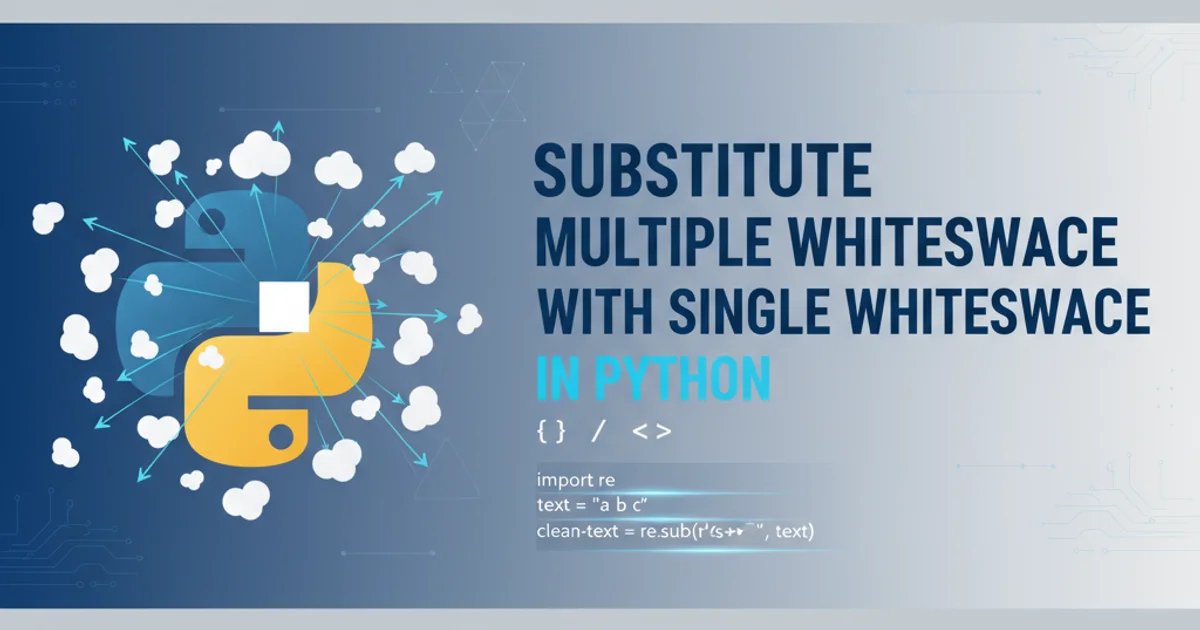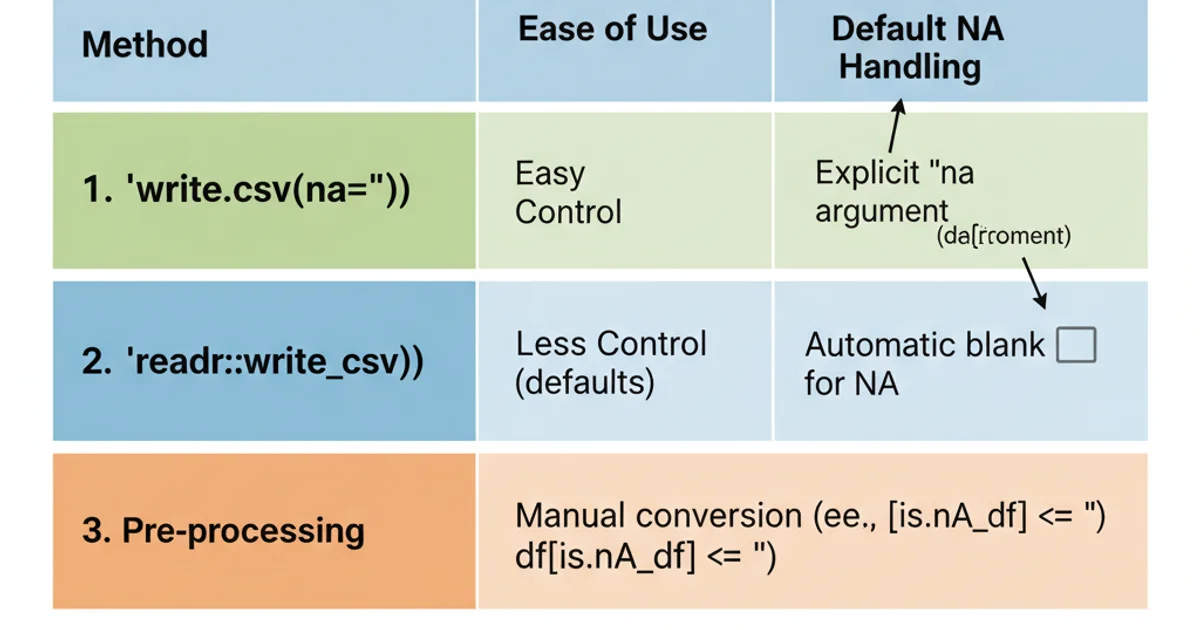What is the difference between dynamic dispatch and late binding in C++?
Categories:
Dynamic Dispatch vs. Late Binding in C++: A Comprehensive Guide

Explore the nuances of dynamic dispatch and late binding in C++, understanding their roles in polymorphism and how they enable flexible, extensible object-oriented designs.
In C++, the terms 'dynamic dispatch' and 'late binding' are often used interchangeably, but they represent distinct, albeit closely related, concepts fundamental to achieving polymorphism. Understanding their differences is crucial for writing robust, flexible, and maintainable object-oriented code. This article will demystify these concepts, explain their mechanisms, and illustrate their practical applications in C++.
What is Dynamic Dispatch?
Dynamic dispatch is the mechanism by which a call to a virtual function is resolved at runtime rather than at compile time. When you have a base class pointer or reference pointing to an object of a derived class, and you call a virtual function through that pointer/reference, the C++ runtime determines which version of the function (base or derived) to execute based on the actual type of the object, not the type of the pointer/reference. This allows for polymorphic behavior, where different objects can respond to the same message in their own unique ways.
classDiagram
class Shape {
+virtual void draw()
}
class Circle {
+void draw()
}
class Rectangle {
+void draw()
}
Shape <|-- Circle
Shape <|-- Rectangle
note for Shape "Base class with virtual function"
note for Circle "Derived class overriding draw()"
note for Rectangle "Derived class overriding draw()"Class hierarchy demonstrating virtual functions for dynamic dispatch.
#include <iostream>
#include <vector>
#include <memory>
class Shape {
public:
virtual void draw() const {
std::cout << "Drawing a generic shape.\n";
}
virtual ~Shape() = default;
};
class Circle : public Shape {
public:
void draw() const override {
std::cout << "Drawing a circle.\n";
}
};
class Rectangle : public Shape {
public:
void draw() const override {
std::cout << "Drawing a rectangle.\n";
}
};
int main() {
std::vector<std::unique_ptr<Shape>> shapes;
shapes.push_back(std::make_unique<Circle>());
shapes.push_back(std::make_unique<Rectangle>());
shapes.push_back(std::make_unique<Shape>());
for (const auto& shape : shapes) {
shape->draw(); // Dynamic dispatch in action
}
return 0;
}
C++ example demonstrating dynamic dispatch with virtual functions.
What is Late Binding?
Late binding, also known as runtime binding or dynamic binding, is a broader concept that refers to the resolution of a function call or variable reference at runtime. Dynamic dispatch is a specific form of late binding that applies to virtual function calls in object-oriented languages. However, late binding can also encompass other scenarios, such as dynamic loading of libraries, reflection mechanisms, or scripting language interpreters where the exact code to be executed is not known until the program is running.
In C++, when we talk about late binding in the context of virtual functions, we are specifically referring to the mechanism that allows the correct overridden function to be called based on the object's actual type at runtime. This is typically implemented using a virtual table (vtable) and virtual pointers (vptr).
flowchart TD
A[Compile Time] --> B{Function Call?}
B -- No --> C[Static Binding (Early Binding)]
B -- Yes --> D{Is it a virtual function via base pointer/reference?}
D -- No --> C
D -- Yes --> E[Runtime]
E --> F[Consult VTable]
F --> G[Execute correct derived function]
G --> H[Late Binding (Dynamic Dispatch)]Flowchart illustrating the decision process between static and late binding.
The Relationship and Key Differences
The relationship between dynamic dispatch and late binding is hierarchical: dynamic dispatch is a specific instance or mechanism of late binding. All dynamic dispatch is late binding, but not all late binding is dynamic dispatch. Late binding is the general principle of resolving calls at runtime, while dynamic dispatch is the particular technique used in polymorphic object-oriented programming to select the correct method implementation based on the object's actual type.

Key distinctions between Dynamic Dispatch and Late Binding.
Practical Implications and Use Cases
Both concepts are vital for building flexible and extensible systems. Dynamic dispatch allows you to write code that operates on a common interface (base class) without knowing the exact concrete type of the object at compile time. This is the cornerstone of many design patterns, such as the Strategy pattern, Template Method pattern, and Factory Method pattern.
For example, in a GUI framework, you might have a Widget base class with a virtual onClick() method. Different derived classes like Button, Checkbox, and Slider would override onClick() to provide their specific behavior. When a click event occurs, the framework can simply call widget_ptr->onClick() without needing to know if widget_ptr points to a Button or a Checkbox. This is dynamic dispatch enabling polymorphic behavior.
#include <iostream>
class Widget {
public:
virtual void onClick() const {
std::cout << "Widget clicked.\n";
}
virtual ~Widget() = default;
};
class Button : public Widget {
public:
void onClick() const override {
std::cout << "Button clicked! Performing button action.\n";
}
};
class Checkbox : public Widget {
public:
void onClick() const override {
std::cout << "Checkbox clicked! Toggling state.\n";
}
};
void simulateClick(const Widget* w) {
w->onClick(); // Dynamic dispatch
}
int main() {
Button b;
Checkbox c;
Widget generic_w;
simulateClick(&b);
simulateClick(&c);
simulateClick(&generic_w);
return 0;
}
GUI example demonstrating dynamic dispatch for event handling.